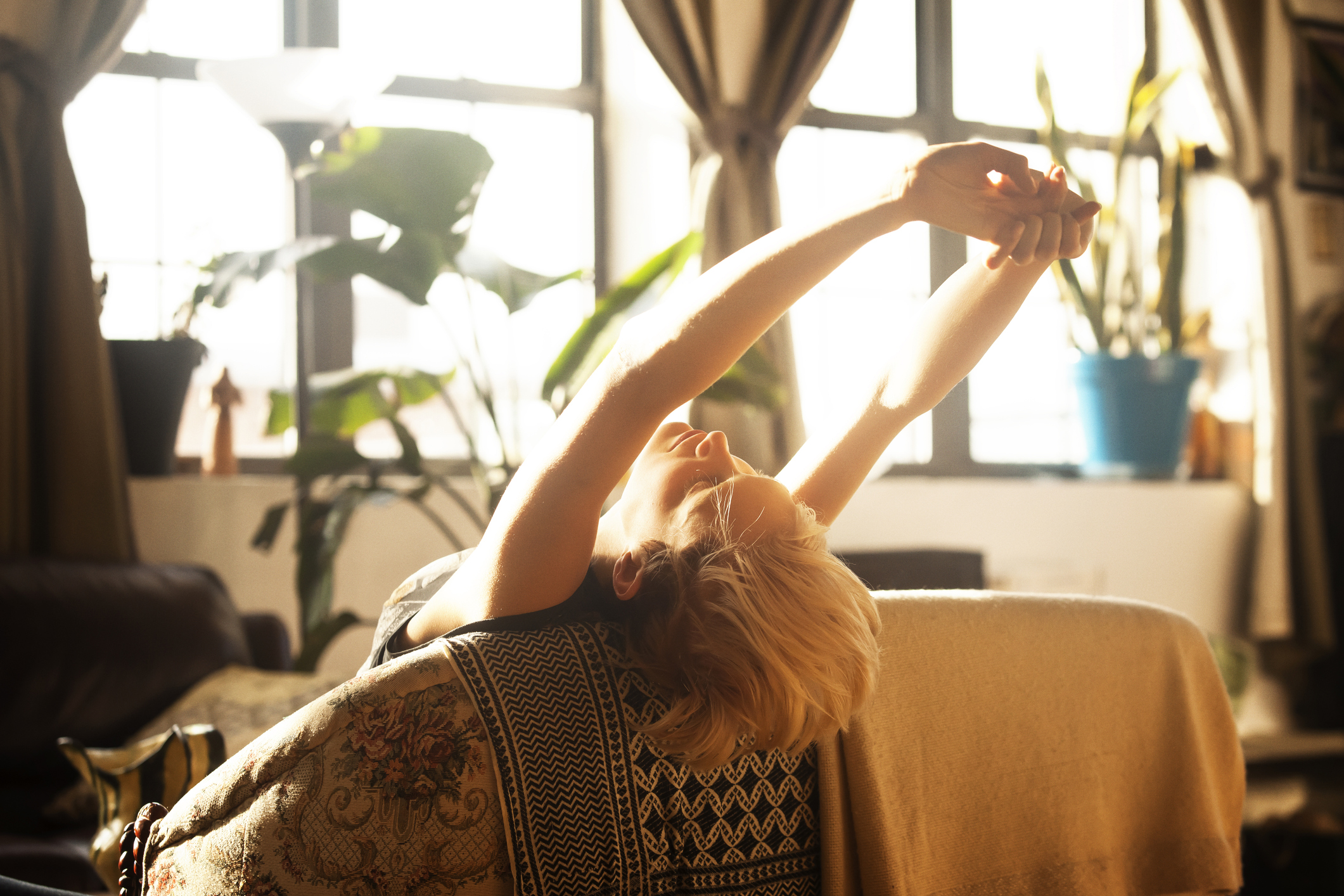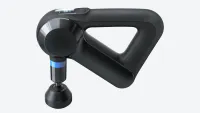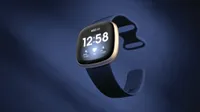Best stretching exercises: a beginners’ guide to stretching the body from head to toe
Get flexible with the best full body stretching exercises


Stretching is not only often overlooked but most people also think stretching is something performed only by athletes or runners. The truth is, we need to stretch daily whether we exercise or not. We collected the best full body stretching exercises that you can and should perform every day to feel more comfortable in your skin and alleviate pain resulting from bad posture.
If your job entails long hours sitting at a desk in front of your laptop or a computer monitor, you will experience tight hamstrings in the back of the thighs. Extending the leg or straightening your knee will prove harder inhibiting walking. So we all need to stretch to protect our mobility and increase flexibility for a better quality of life. As well as stretching, you can also consider using the best massage tools and/or the best percussion massagers to ease up muscles and pain points in your body.
Why should you stretch
There are a plethora of reasons why stretching is important other than combating stiffness, soreness and reduction in injury. Stretching also helps eliminate lactic acid which makes your muscles sore, helps blood flow back into them allowing your heart rate to return to normal and helps release endorphins as you cool down after a workout.
If you suffer from back pain, stretching the hamstrings and hip flexors will help relieve it. Regular stretching improves general posture, enabling you to have toned muscles and increased flexibility. Too much stress we know isn’t good for us and a good stretch especially around the neck and shoulder area will help you relieve some of it.
Theragun Elite Percussion Massager | Buy it for £375 at Theragun
Speed up recovery with the Theragun Elite, This massager have an ergonomic handle that lets you apply pressure to all areas of your body with ease. The Elite is also Bluetooth enabled, has an OLED screen and customisable speed range too. With a 120-minute battery life, the Elite is a deep tissue massager at its best!

Where to start
When we understand the reason why we need to do something, we are far more likely to stick to it. So rather than seeing stretching as an optional afterthought, think of stretching as part of your fitness routine which will maximise the benefits of all the hard work you’ve put into your body. Crucial areas to stretch for mobility are your hip flexors in the pelvis, quadriceps, hamstrings and calves. Moving up the body and your neck, shoulders, arms and lower back mustn’t be overlooked either.
Safe stretching involves stretching a joint to the limits of your range and should never be forced. Mild soreness can occur but should not last any longer than a day or so. Beginners should maintain a stretch for 15 seconds gradually increasing this time to 45 seconds over a four-to-five-week period. Breathing is important to focus on the stretch. Inhale through the nose and exhale through the mouth throughout the stretch. This method will also help you relax.
How to stretch different body parts
Different stretches will benefit you in different ways so we’ve put together a ‘how-to’ guide on doing post-workout stretches for various parts of the body.
Get all the latest news, reviews, deals and buying guides on gorgeous tech, home and active products from the T3 experts
Fitbit Versa 3 Health and Fitness Smartwatch | Buy it for £199.99 at Fitbit
A big improvement on its predecessor, the Fitbit Versa 3 has built-in GPS, refined hardware and user interface as well as the option to choose from more than one voice assistant. Battery life has improved significantly too and you can also utilise Fitbit's Active Zone Minutes feature to track your activities throughout the week. Better still, it costs the same as the Versa 2!
Quad stretch
Standing upright with feet hip-width apart lift your right heel off the ground with your right hand and draw it towards your buttocks. Keeping the pelvis in a neutral position or slightly forward, press the foot closer to the bottom and into your hands. Feel a stretch in the front thigh. Repeat on the other leg.
Hamstrings stretch
Standing upright put your right leg out in a stride position with the heel on the floor and the foot pointing diagonally upwards and towards your face. Shifting the weight on to the opposite leg, place your hands gently on the left thigh. With your back straight, lower your torso and feel the stretch at the back of your right hamstring. Change legs.
Hip Flexors stretch
Get yourself into a lunge position on the floor with the right foot forward and the left knee to the floor with the leg extended behind. Ensuring your pelvis is neutral make sure there is a 90-degree angle on your right leg. Lean into the stretch by moving your body forward and supporting yourself by placing your hands either on the floor or the front thigh avoiding the knee. You will feel a stretch along the front of the left thigh and hip. Swap sides.
Standing wall calf stretch
If you practice yoga, you will be familiar with the ‘cat and cow’ position which is a great stretch for the lower back. Start on all fours with hands under shoulders and knees under the hips. The head should be in line with the spine. This is the neutral position. From here arch the back and open the chest and tilt your head back as you lengthen the spine. After a breath or two return to the neutral position before dropping the head, rounding the back and sucking the belly in.
Upper back and shoulders stretch
Clasping the hands together at the front of the body palms facing towards the chest, outstretch your arms. Feel a stretch along the upper back and shoulders. Curve your upper body into a ‘C’ shape and while you engage the core muscles, pull the shoulder blades away from each other and slightly forward.
Chest stretch
Standing nice and tall interlock your hands in a clasp behind your back. Switching your palms to face the floor, draw the shoulder blades together and stick your chest out. Stay in this position for a good few breaths and try raising your arms behind you to vary the stretch.
Shoulder stretch
Place your right arm across your body at shoulder height and with the left hand gently push the arm towards the chest ensuring the shoulder isn’t hunched. Avoid pressing at the elbow joint. Do the opposite side.
Overhead triceps stretch
In either a standing or seated position, raise your right arm above the head allowing it to drop between the shoulder blades. With the left hand, gently apply pressure on the right elbow until you feel a stretch in the tricep. Keep the palm facing inwards of the back. Swap sides.

Sabi is a fitness enthusiast who’s been involved in some kind of sports since school. No sport is off-limits (apart from hockey after she was scarred for life when she lost a tooth) and she will try her hand at anything that involves moving. Sabi qualified as a fitness instructor 11 years ago and teaches kettlebells, spin, women’s weight lifting and cardio. As an NCTJ-trained journalist, she travels extensively to find fun ways to be fit and healthy around the globe. She is often found exploring new trails while listening to audiobooks, baking healthy treats and upcycling furniture in her spare time. She writes about general fitness, product reviews and offers her advice and tips on following a healthy lifestyle.

